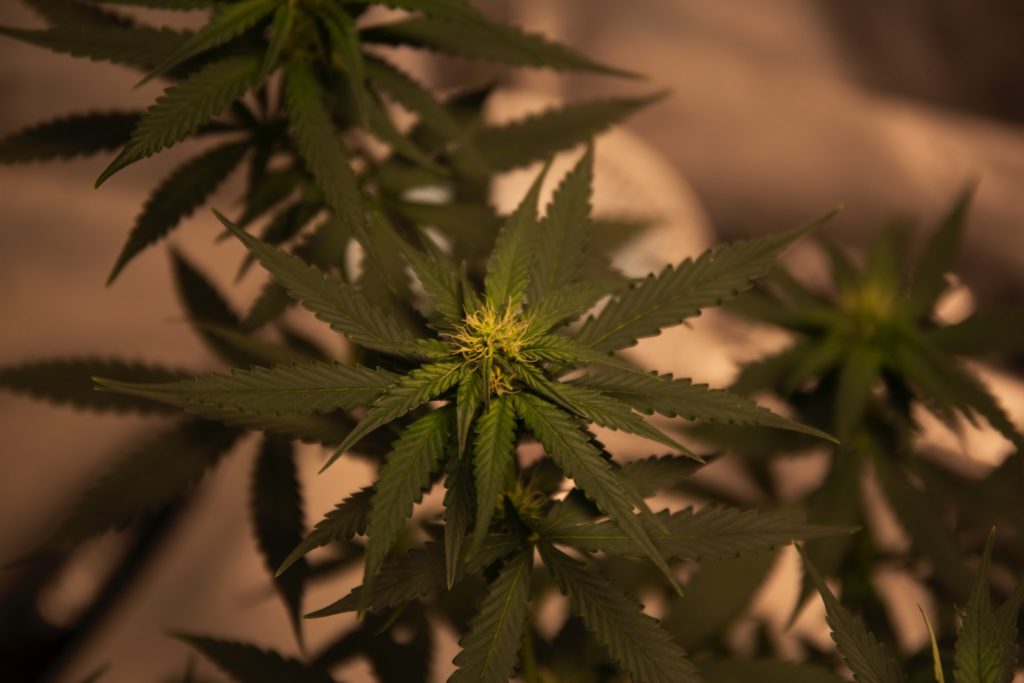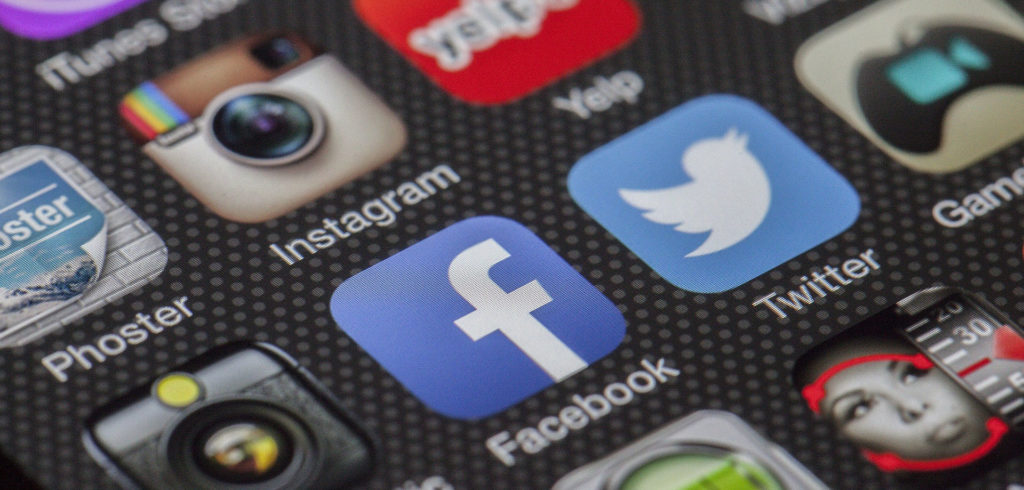
With CBD being federally legal now why is facebook still banning it? In late April, Larry Serbin founder of Hemp Traders, a hemp fiber products company logged into his Facebook account only to find that the advertisement he spent a great deal of time on, had been denied by facebook. Not only that his business page of over 9,000 followers, had also been taken down and seemed to vanish into thin air with little to no explanation from Facebook administrators.
Eventually Serbin found out that his ad account had been taken down for violating Facebook’s advertising policies, citing the promotion of illegal, prescription, or recreational drugs in his ad which was titled, “Saving the Forests – Saving the Planet.”

Larry’s company Hemp Traders, is one of the largest suppliers of hemp fiber products in the world and is only one of the thousands of hemp companies operating legally that have logged in to see their Facebook accounts shut down or advertising requests denied in the last year.

Furthermore, Facebook seems to be making it more and more difficult for users to discover hemp related pages from hemp food retailers, to CBD companies and trade groups. Being the leading social media platform, with over 2.38 billion monthly users, Facebook represents a massive market for small businesses. Last December, the Agricultural Improvement Act of 2018, i.e. farm bill was signed off by Trump, which included the Hemp Farming Act. This redefined hemp as an agricultural commodity while also explicitly removing it from the Controlled Substances Act and the jurisdiction of the Drug Enforcement Administration. This brought delight to the thousands of hemp farmers and entrepreneurs nationwide. Now although hemp is now federally legal, hemp entrepreneurs still face many challenges in today’s market.
One of these challenges being that they don’t currently have access to Facebook or Instagram advertising, not only does this make up nearly 57 percent of the U.S. digital ad market, according to eMarketer it is also currently the most targeted and cheapest form of advertising putting a huge dent in what Hemp Companies can do in advertising.

Although Facebook may be within their rights to pull the plug on any content on their platform. This seemingly random act of account suspensions and advertising denials have created an unfair playing field for businesses and entrepreneurs hoping to find success in the CBD hemp industry. Facebook continues to deny legal, hemp-related companies access to one of the top marketing platforms in the world even when most of them do not sell marijuana products at all.

Since Facebook administrators have given little to no explanation or assistance many hemp companies are left static with their digital marketing efforts. The passing of the farm bill made it seem that there would be a new dawn for the hemp industries. Relieving them from the confusion over whether hemp was a controlled substance or not. Not all Cannabis is considered to be a drug, and Facebook’s new AI technology is obsolete if it continues to recognize general images of Cannabis as a controlled substance. For many new and existing entrepreneurs either trying to increase their customers or looking to break into the growing hemp industry, being denied access to this massive social media platform’s advertising represents a serious roadblock.
Even though Facebook has recently relaxed their policies against hemp, advertising hemp products on the platform is still a seemingly difficult achievement. According to facebook you can advertise topical hemp however many business owners and entrepreneurs have found that most of their efforts are still denied with little to no explanation as to why. Hopefully facebook can see the opportunity in Hemp and CBD related products and relax their ad policies even more before 2020.
